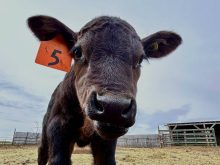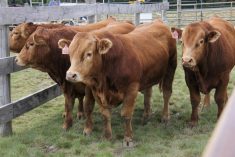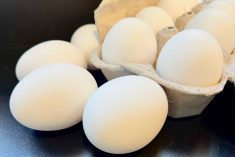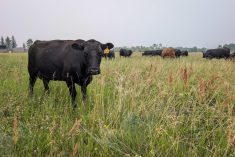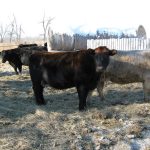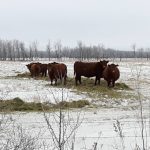Early weaning may cheat piglets out of an enzyme they need to digest and use dietary phosphorus and fight off disease, a new University of Guelph study warns.
“Early weaning is critical for farmers when it comes to maximizing production, but it’s also the time when a majority of piglets die or their quality of health suffers,” Dale Lackeyram, a PhD student who worked on the study with Guelph animal science professor Ming Fan, said in a release last week.
Specifically, weaning piglets from their birth sows early was found to reduce the level and performance of alkaline phosphatase in the gut, “which can lead to decreased growth development and illness,” he said.
Read Also
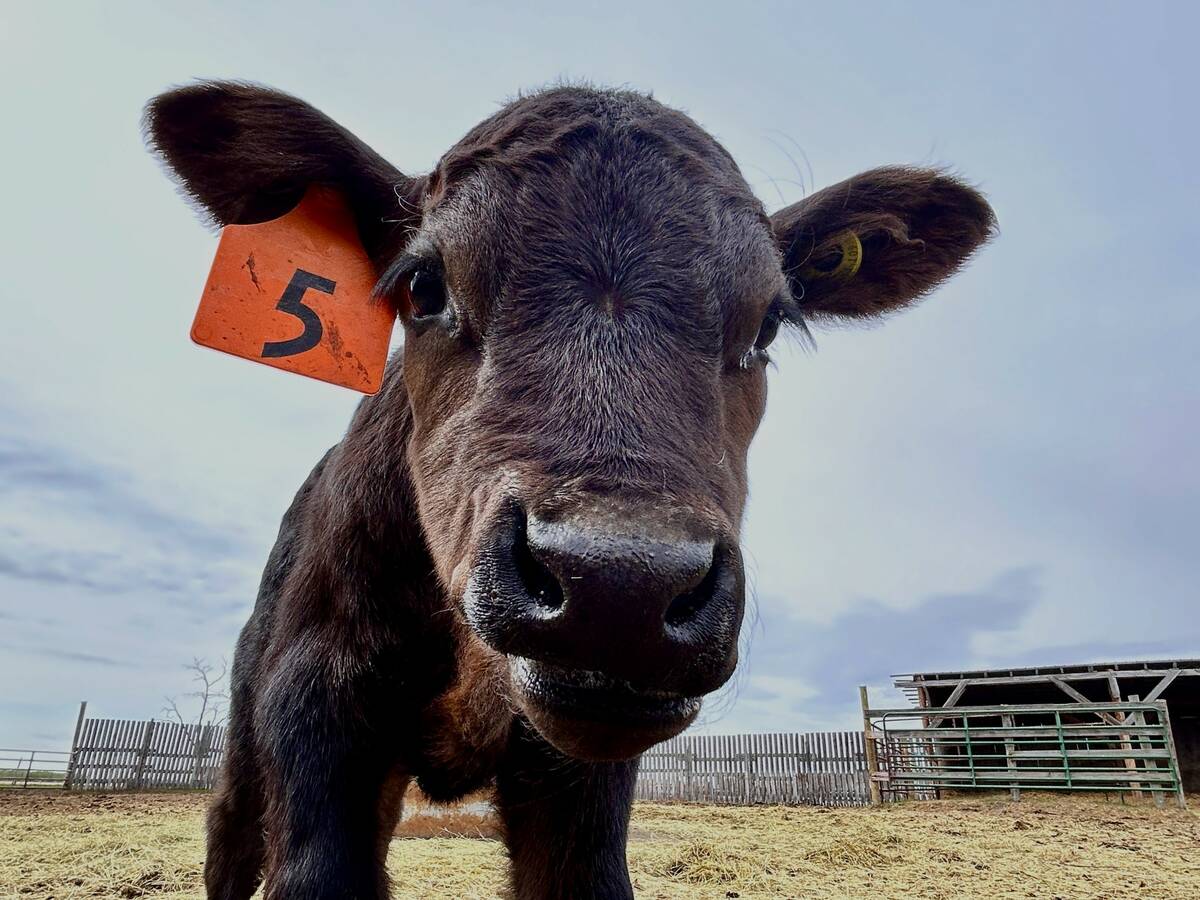
Health Canada stops sales of coccidiosis medication Deccox on procedural issue
Deccox, a medication to prevent coccidiosis in calves and other livestock, is temporarily off the market after Health Canada issued a stop sale order earlier this month.
The study, published this spring in the Maryland-based Journal of Nutrition, involved weaning piglets from their mothers at 10 days old and placing them on a corn-and-soybean meal-based weaning diet for 12 days, similar to standard early-weaning practices.
A second group of piglets was allowed to continue suckling during the same time frame.
Examing the two groups’ intestinal tissue showed the piglets that were switched over from sow’s milk to solids had reduced levels of alkaline phosphatase and “reduced function” in the remaining enzymes, the researchers said.
“Currently, piglets are given supplements in their feed to make phosphorous more digestible,” Lackeyram said, “but this study shows that the animals don’t express high enough levels of the enzyme needed to digest and make nutritional use of it.”
Alkaline phosphatase, he added, is also “capable of acting on the toxic components of bacterial cells such as E. coli.
“The impact of weaning on this enzyme is likely one of the contributing reasons why piglets often get sick, suffer from chronic bacterial-induced diarrhea and have trouble gaining weight when switched over to solids.”
Lackeyram suggested supplementing with encapsulated alkaline phosphatase may help fight off pathogens and boost phosphorous nutrition during weaning.
Furthermore, he said, because the enzyme plays a similar role in humans as in pigs, this study could be the kickoff point for a study of supplementing alkaline phosphatase “during periods of digestive illness.”



